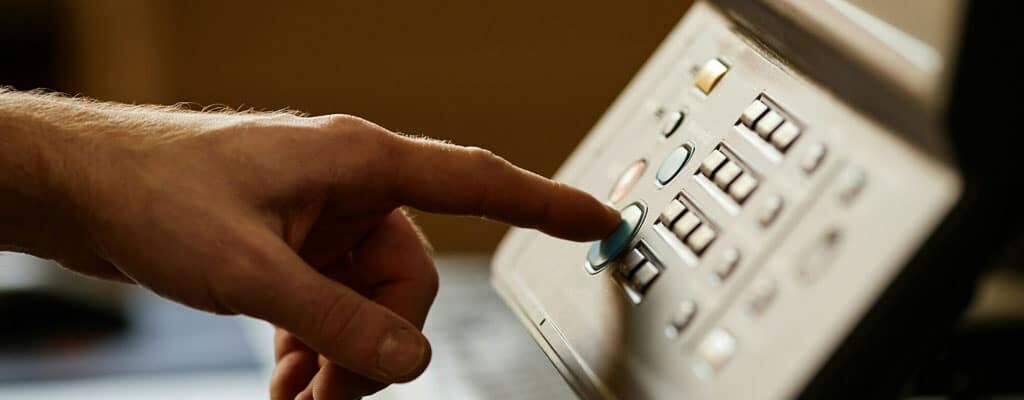Is My Data Safe From Hackers and Cyber Attacks? – Four Places to Look
Contents
With the high-level of skilled hackers and cybersecurity attacks today, it’s no wonder that many are wondering about the security of their data. In fact, most businesses wonder whether their data safe is safe from hackers.
According to a report by Verizon Wireless, businesses experienced 855 data breaches that compromised 174 million records back in 2011 alone. Although somewhat outdated for 2023, the study, conducted along with The United States Secret Service (USSS) and Dutch National High Tech Crime Unit (NHTCU), revealed that external agents were responsible for 98% of data breaches with 4% coming from internal employees.
The incidents involving hacking and malware were up considerably to 81% and 69%, respectively.
Further research revealed that 96% of the attacks were not highly difficult and 97% were avoidable through simple or intermediate controls.[1] The industries affected in this study were: accommodation and food services (54%), retail trade (20%), finance and insurance (10%), health care and social assistance (7%), information (3%) and other (6%).[1]
Four Ways Data is Breached
Granted, there are going to be almost endless avenues for the shady to dwell. As long as you focus on the follow areas, you should be able to keep your data safe from hackers.
Theft
One in four data breaches reported by colleges and universities is a result of theft. Former employees or criminals looking to get back at an employer or make a quick dollar look for easy-to-find data on laptops, hard drives, thumb drives or other storage devices.
Loss
Today data can be found on portable devices like phones and laptops that can be left behind in a hotel room, rental car, or airplane. Likewise, paper files, back up tapes or CDs can be easily misplaced on their way to storage.
Neglect
Placing an old computer in the trash is like throwing away a credit card before cutting it up in tiny pieces. If the information on the old computer isn’t properly removed a stranger with a few inexpensive tools can retrieve it. Data left on media that is not protected with a strong password or encryption is also at risk of a breach.
Insecure Practices
Storing, encrypting, collecting, sending, finding, and removing data can all have an effect on its safety if not handled properly; inadvertent data exposure could be the result. File sharing software has proven to be a favorite target of external data breaches. Just recently, Dropbox made national news for a data breach that impacted a large number of its users.
Who’s Data is Unsafe From Cyber Attacks?
Based on Verizon’s study, small businesses face the greatest risk of a data breach. This merely emphasizes the importance of understanding and controlling the access points as well as leveraging the appropriate IT resources.
The size of organizations (by employee count) by number of breaches is shown below [1]:
| 1 to 10 | 42 |
| 11 to 100 | 570 |
| 101 to 1,000 | 48 |
| 1,001 to 10,000 | 27 |
| 10,001 to 100,000 | 23 |
| Over 100,000 | 10 |
| Unknown | 135 |
How to Keep Data Safe from Hackers
It is important to know where your data is and how it can be accessed. Here are a few tips on what you can do to keep your data safe from hackers and cyber attacks:
- Maintain a strict inventory of company laptops, cell phones and thumb drives.
- Destroy physical data, such as files, by using a shredder or shredding service before throwing it away.
- Understand the methods of encryption used to store and transmit your data.
- Require passwords to change regularly for email accounts, financial records and other sensitive information.
Every organization is at risk of experiencing a data breach and needs to focus some of their efforts to prevent data loss. For example, in the last year along, our team has been contacted by several new businesses that experienced a data breach. By taking simple precautions and understanding the avoidable dangers, a company can decrease its chance of exposing data.
Don’t wait for a cyber attack and breach to happen – contact us today to discuss a security audit.



